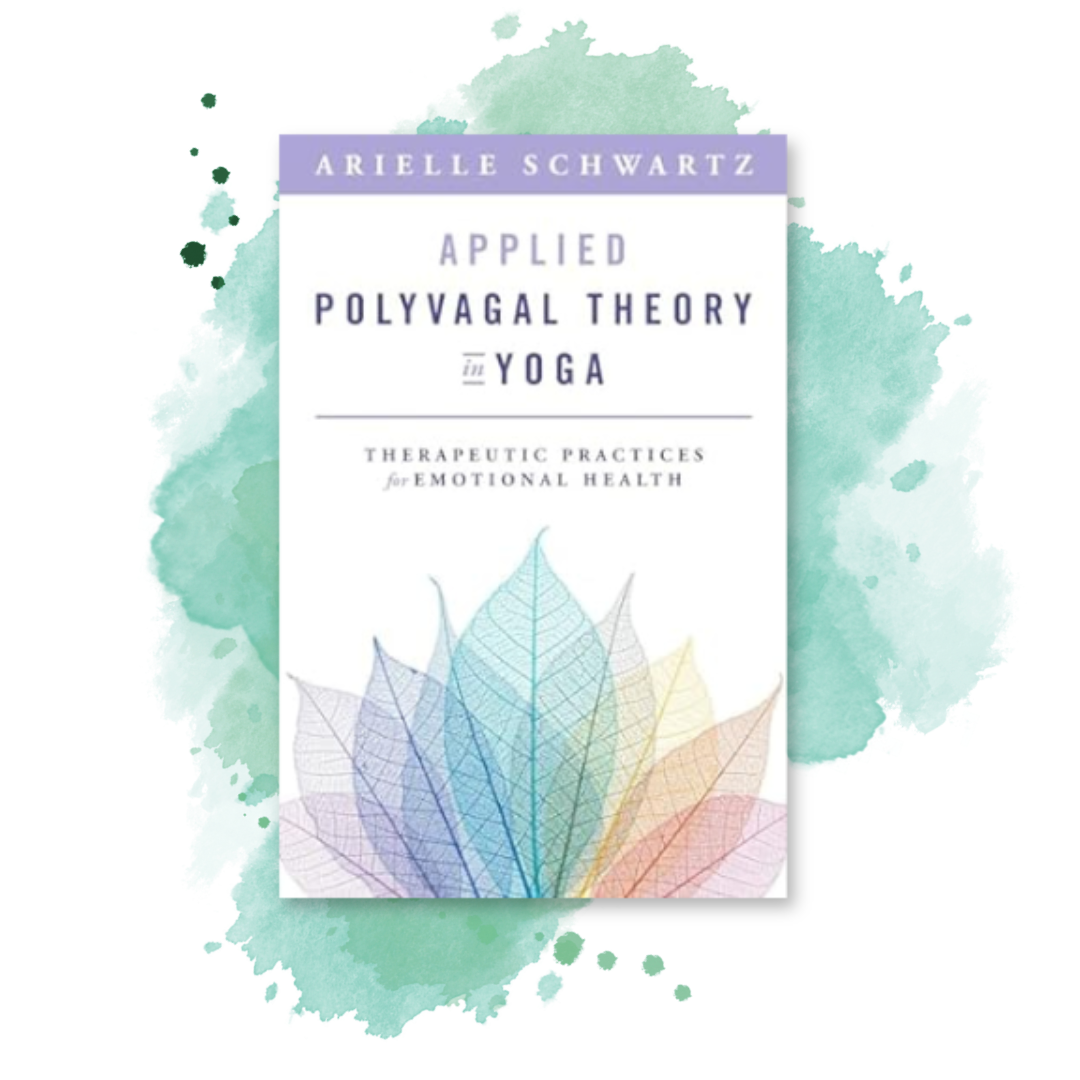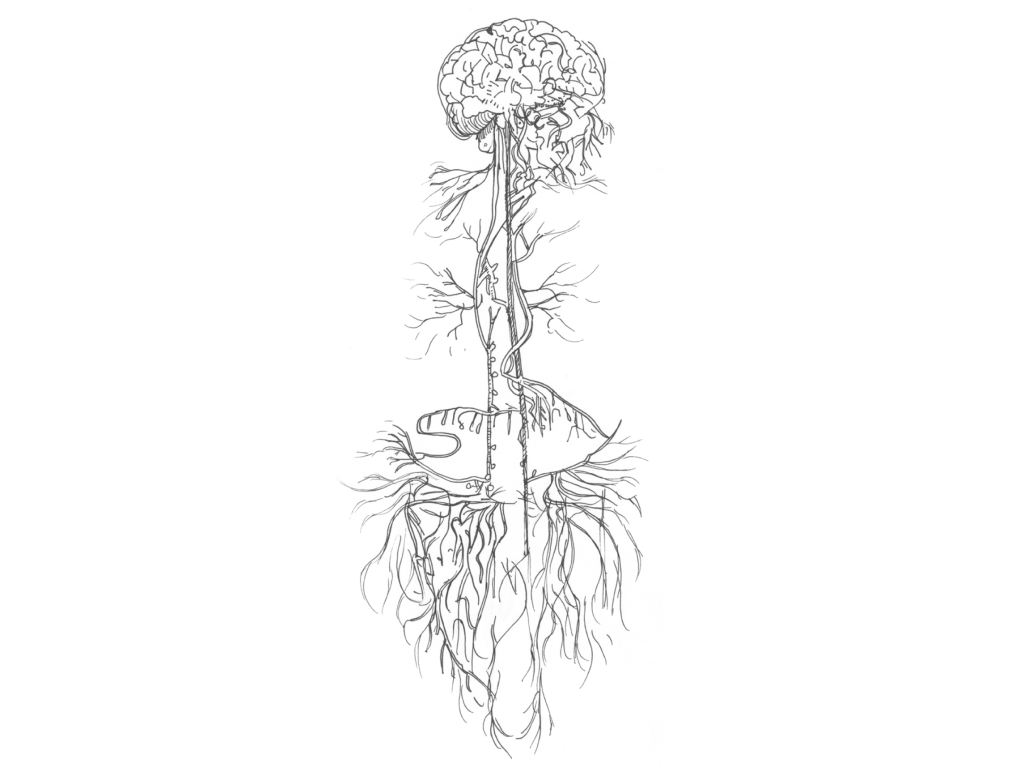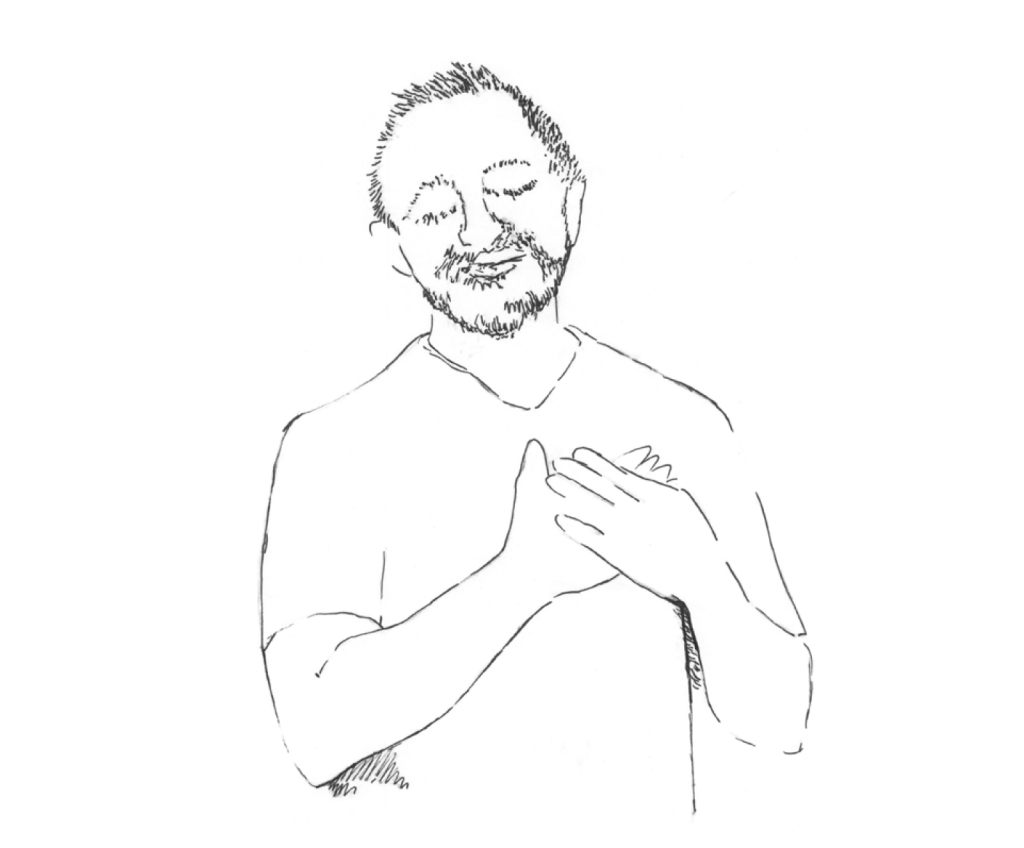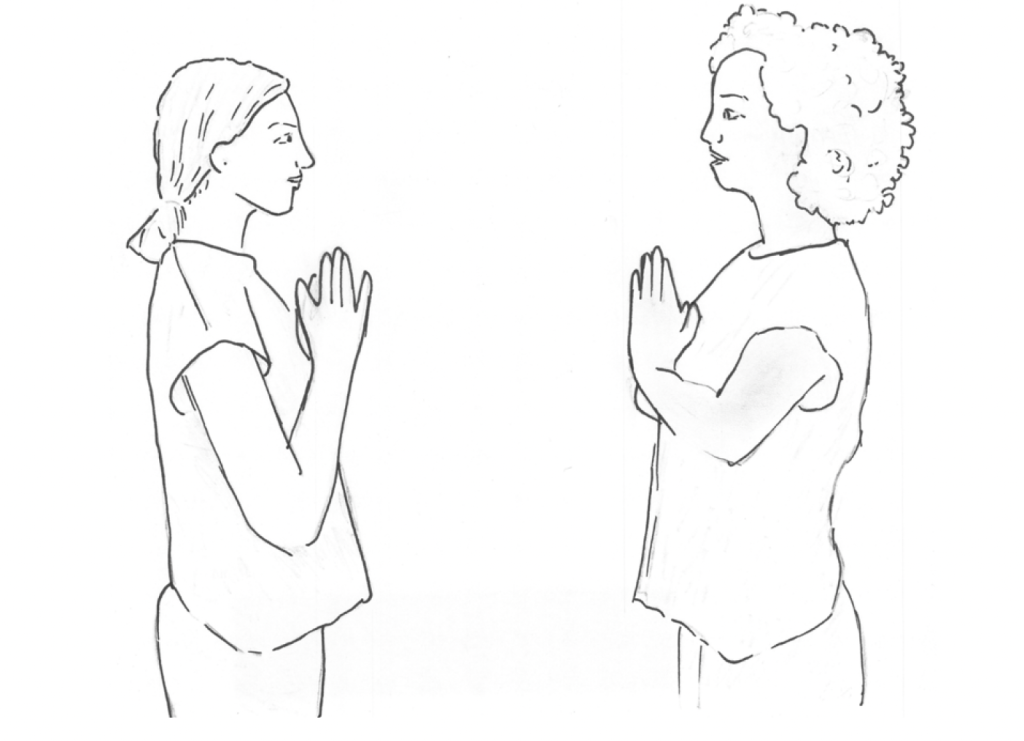
The Applied Polyvagal Theory in Yoga book focuses on the intersection of polyvagal theory, yoga, and psychotherapy by weaving together the wisdom tradition of yoga with neuroscience, attachment theory, somatic psychology, and traumatology. The application of polyvagal theory allows practitioners to compassionately support growth by enhancing the health of the autonomic nervous system, while therapeutic yoga allows one to attend to the interrelationships between mind, emotions, physiology, and behavior.
As subscribers to my work, you have an opportunity to receive 20% off and Free Shipping through Norton Publishers. You can navigate there and use the code APVTNEWS at checkout or simply use this link (the coupon has already been applied):
Applied polyvagal theory in yoga provides conscious breathing, vagal toning, mindful movement, and meditation practices that aid in rewiring the nervous system. Readers will discover how to help both clients and themselves cultivate a felt sense of ease during times of safety; enhance their capacity to handle challenges with equanimity; and reclaim their ability to recover from stress swiftly and efficiently.

The need for a spiritual sense of meaning and connection has been paramount during this time. Amidst the profound loss, many of us discovered positive changes that served as a reminder that distress can coexist with well-being. As yoga studios shut down in March of 2020, I, too, moved my classes onto an online platform (You can learn more and sign up for a class here). After over 25 years of teaching students in person, I learned to adapt to this new technological interface. My trauma-informed yoga class, which had previously only been available to those in my local community, became and remains an international group of devoted yoga students.
“To all who know suffering and seek to alleviate the collective burdens we carry: The deep calm within me bows and recognizes the deep calm within you.”
Dr. Arielle Schwartz

The purpose of this book is to provide psychotherapists, yoga therapists, and yoga teachers with simple yogic interventions that can be offered to clients or students to facilitate greater mind–body wellness through the applied science of Polyvagal Theory. The book focuses on the intersection of Polyvagal Theory, yoga, and psychotherapy. Another way of looking at this is that we are honing in on where science, soma, and soul meet.
Applied Polyvagal Theory in Yoga aims to demystify traditional practices by highlighting the physiological mechanisms of change. The integrative model presented within the pages of this book weaves together the wisdom tradition of yoga with modern perspectives drawn from neuroscience, attachment theory, somatic psychology, and traumatology. Yogic breath, movement, and awareness practices can be seamlessly integrated into psychotherapy sessions to enhance the efficacy of other interventions. Moreover, we encourage clients and students to utilize these regulating strategies outside of sessions or classes. Through repetition, the neural pathways associated with social engagement, safe mobilization into play, and safe immobilization into rest become more accessible.

I hope that you will join me as part of our global community in reading this book.
This well-researched book not only cites the most current applicable studies related to brain science and yoga as they impact mental health, but also provides a steady and thorough summary of yoga’s ancient wisdom as it applies to Polyvagal Theory and psychotherapy…Applied Polyvagal Theory in Yoga has become a valued and validating reference as I offer LifeForce Yoga practices to the yoga and mental health professionals I serve. No matter the healing modality in which you work, I fully endorse the many gifts this book has to offer you and your clients.
-Amy Weintraub, founder of LifeForce Yoga, and author of Yoga Skills for Therapists,
Yoga for Depression, and the Yoga for Your Mood Deck (from Amy’s foreword to the book)
This book is a must-read for anyone seeking to deepen their knowledge of the power of somatic approaches to trauma healing. Drawing on the wisdom of yoga and the science of Polyvagal Theory, Dr. Arielle Schwartz offers practical tools and strategies to help clinicians guide their clients to release stress, rewire their nervous system, and find a sense of peace. This book will help you support yourself and others through the journey of trauma healing and recovery.
-Scott Lyons, PhD, holistic psychologist, mind–body medicine specialist, founder of The Embody Lab, and author of Addicted to Drama
In this beautifully articulated book, Arielle Schwartz leads the way into a deep and wide exploration of body wisdom. Her brilliance lies in her capacity to curate a path of consilience across three major disciplines: science, soma, and soul. Each chapter offers polyvagal-informed yoga practices that enable readers to bring her model to life.
-Jan Winhall, Polyvagal Institute, author of Treating Trauma and Addiction with the Felt Sense Polyvagal Model
Trauma is a complex, multi-layered topic with a lot of interconnected pieces. It therefore makes sense that healing requires an integrative and multidisciplinary approach. Dr. Arielle Schwartz provides this?which is no easy thing. But, her real genius is presenting these ideas in a practical, actionable, and easy-to-follow way that gets results. A highly recommended read, and an important contribution to our field.
-Alex Howard, author of It’s Not Your Fault and creator of Therapeutic Coaching™